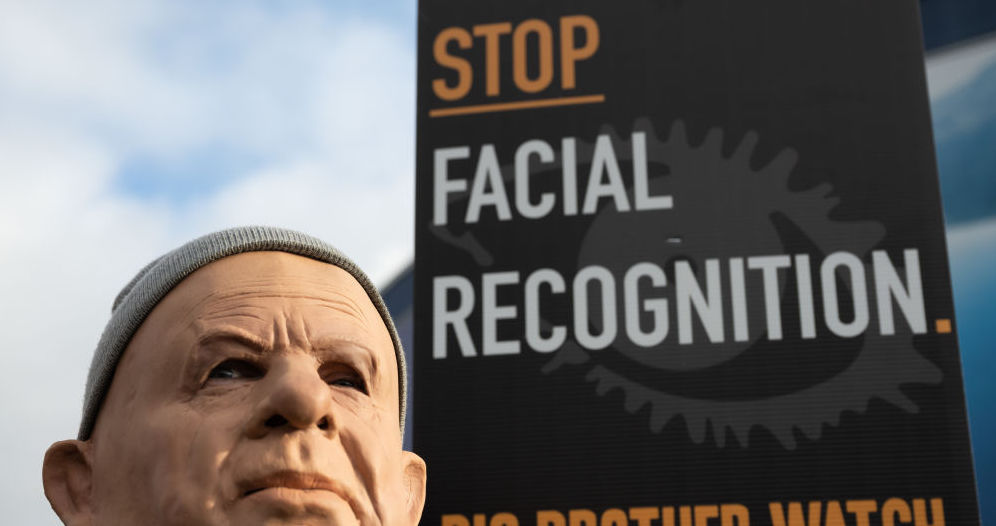Yesterday the civil liberties campaign group Liberty won a landmark court case against South Wales Police around their use of facial recognition technology. The court ruled that the use of Automatic Facial Recognition (AFR) was unlawful because there was a lack of guidance on where AFR could be used and who could be put on a watchlist, as well as data protection issues.
Facial recognition technology has many uses, primarily in law enforcement, but it also raises substantial privacy concerns. Many of us who object to its widespread use do so for concrete reasons about how power in society is structured, but also for deeper and less definable ones.
Why does facial recognition technology provoke the “yuck factor”, in the language of moral philosophers? The etymology of ‘recognition’, which derives from to ‘know again’, gives us a clue. Face to face encounters are intimate, and we are known primarily through our faces, but in facial recognition that intimacy, that knowing, is removed.
There is much debate in the AI ethics field about whether machines can ‘know’. They can certainly learn, but knowledge, at least of a person, has long been rooted in relationships. Most of us will remember giggling through GCSE English as we were taught that ‘know’ in Shakespeare and the King James Bible was a euphemism for sex. But machines don’t need to know us in that relational sense to do a huge amount of damage, either through biased algorithmic design or data collection, by recording and storing our facial features.
Jewish philosopher and Talmudic scholar Emmanuel Levinas based a whole ethical project on the call of the human face, through which we encounter and recognise our connection to each other. “What we call the face is precisely this exceptional presentation of self by self”, he wrote, “the face presents itself, and demands justice”. The New Testament speaks of a moment ahead when believers will see God, not “through a glass darkly, but face to face”. And yet, when faces are treated like just another unit of data, to be harvested by the global surveillance machine, something deep — even spiritual — is being transgressed.











Join the discussion
Join like minded readers that support our journalism by becoming a paid subscriber
To join the discussion in the comments, become a paid subscriber.
Join like minded readers that support our journalism, read unlimited articles and enjoy other subscriber-only benefits.
Subscribe